Israel Blocks Gaza Aid
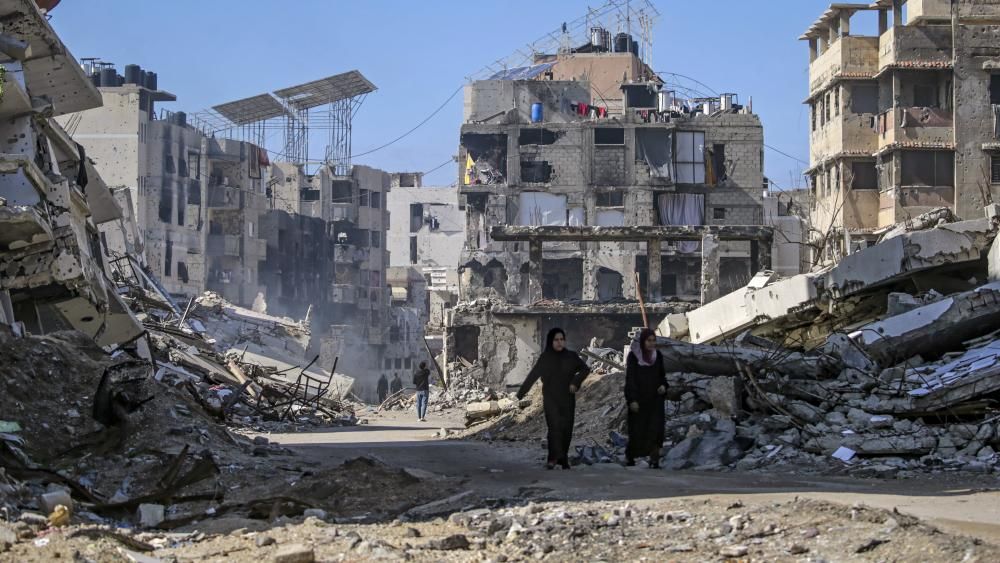
The Gaza Strip is facing one of the most severe humanitarian crises in recent decades. Over 2.4 million residents are trapped under restrictions that block vital aid, leaving hospitals understocked, food supplies scarce, and humanitarian workers under threat. Recent Israeli regulations have intensified the blockade, with NGOs reporting that they are denied entry unless they hand over sensitive details about their Palestinian staff.
Background How the Gaza Blockade Evolved
The blockade on Gaza began in 2007, following political changes in Palestinian governance. Initially framed as a security measure, it has grown into a complex network of restrictions:
- Land Crossings: Heavily regulated, with few exceptions for medical emergencies.
- Sea and Air Access: Fully controlled, blocking exports and most imports.
- Periodic Intensifications: Restrictions spike during military escalations.
Current Aid Restrictions and NGO Challenges
Since March 2024, Israel has implemented new NGO registration rules requiring:
- Complete lists of Palestinian staff with personal details.
- Disclosure of all private donors.
- Agreement not to “delegitimize” the state of Israel.
More than 60 aid requests have been rejected in recent months, according to a coalition of 104 NGOs.
Many NGOs refuse compliance due to safety concerns—over 98% of aid workers killed in this crisis have been Palestinian.
Humanitarian Impact Starvation and Medical Collapse
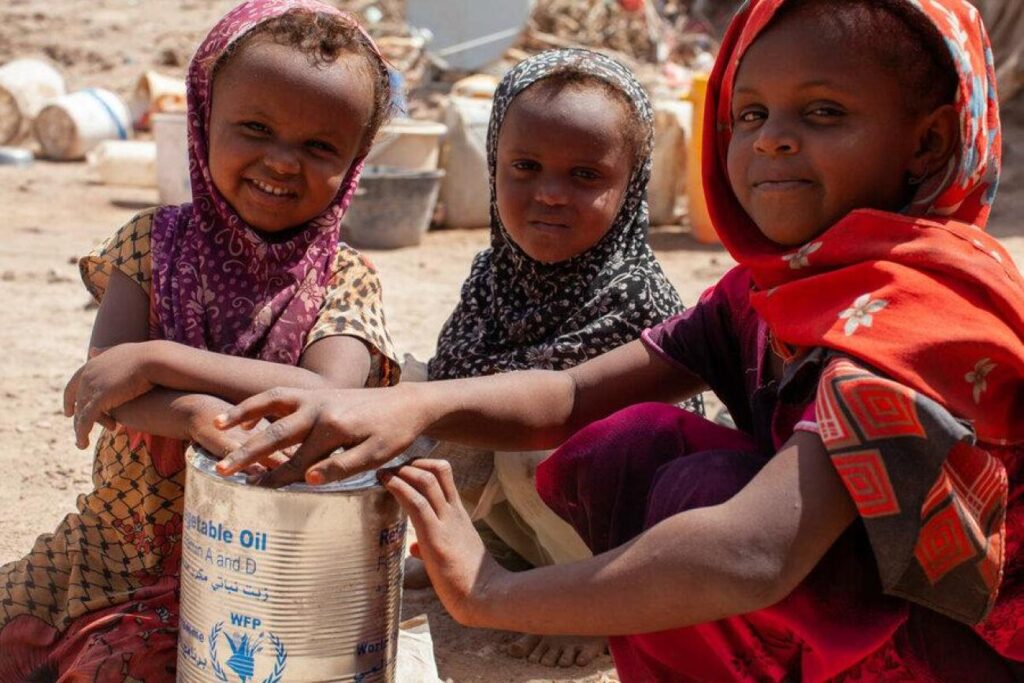
Food Shortages
- Between March and May 2024, food imports were completely banned.
- Over 200 confirmed starvation deaths since October 2023, including 106 children.
Medical Crisis
- Hospitals operating at less than 20% capacity.
- Shortages in antibiotics, surgical supplies, and IV fluids.
International Law and the Blockade
The International Court of Justice has ruled the occupation and blockade illegal under international law.
Possible violations include:
- The Fourth Geneva Convention (protection of civilians in wartime).
- The Convention on the Prevention and Punishment of the Crime of Genocide.
Global Political Reactions
- EU: Split stance—some member states urge Israel to “unblock” NGOs; others remain silent.
- U.S.: Continues diplomatic ties but faces internal calls to suspend military aid.
- Arab League: Demands immediate lifting of restrictions.
- United Nations: Warns of “unfolding famine.”
Economic and Social Impact Inside Gaza
- Unemployment: Over 70%.
- Inflation: Basic food prices up 300%.
- Education: Schools closed or converted into shelters.
- Black Market: Rapid growth in smuggled goods.
The Human Faces Behind the Crisis
Stories from aid workers and residents highlight the human toll:
- Oday al-Quraan, a Palestinian nurse, killed by an airdropped aid parcel.
- Anera, a U.S. nonprofit, has $7 million in aid stranded in Ashdod.
9. More Than You Know The Hidden Logistics of Aid Delivery
Delivering aid to Gaza involves:
- Pre-screening in donor countries for prohibited goods.
- Transport to Israeli-controlled ports.
- Security inspections that can last days or weeks.
- Transfer to Gaza crossings, often denied at the last stage.
Even approved aid can spoil due to delays in perishable goods handling.
Solutions and Path Forward
- Immediate Actions:
- Lift restrictions on food and medical supplies.
- Create independent humanitarian corridors monitored by the UN.
- Medium Term:
- Reform NGO registration policies.
- Introduce real-time aid tracking technology.
- Long Term:
- Address the root political conflict through internationally mediated negotiations.
Conclusion
The Gaza aid blockade is not just a political dispute—it’s a humanitarian emergency. Without urgent changes, the starvation and medical collapse will worsen. Global leaders, NGOs, and ordinary citizens all have a role in demanding unrestricted humanitarian access.
PLEASE CHECKOUT: Australia To Recognises Palestinian State All You Need To Know

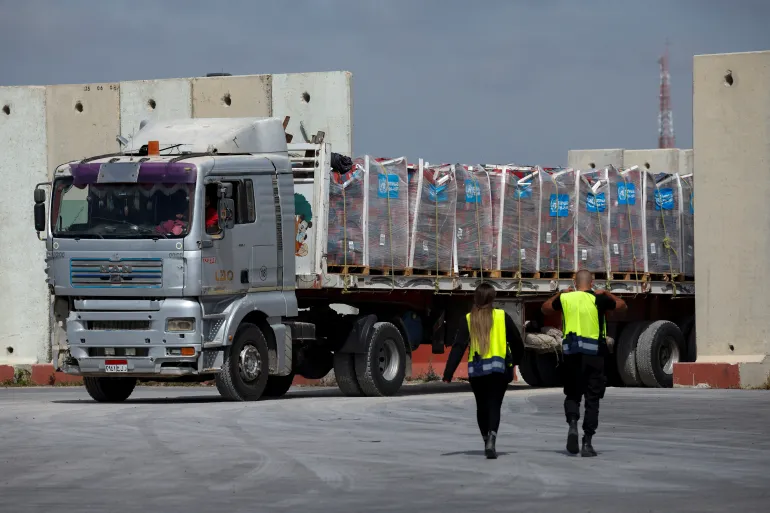
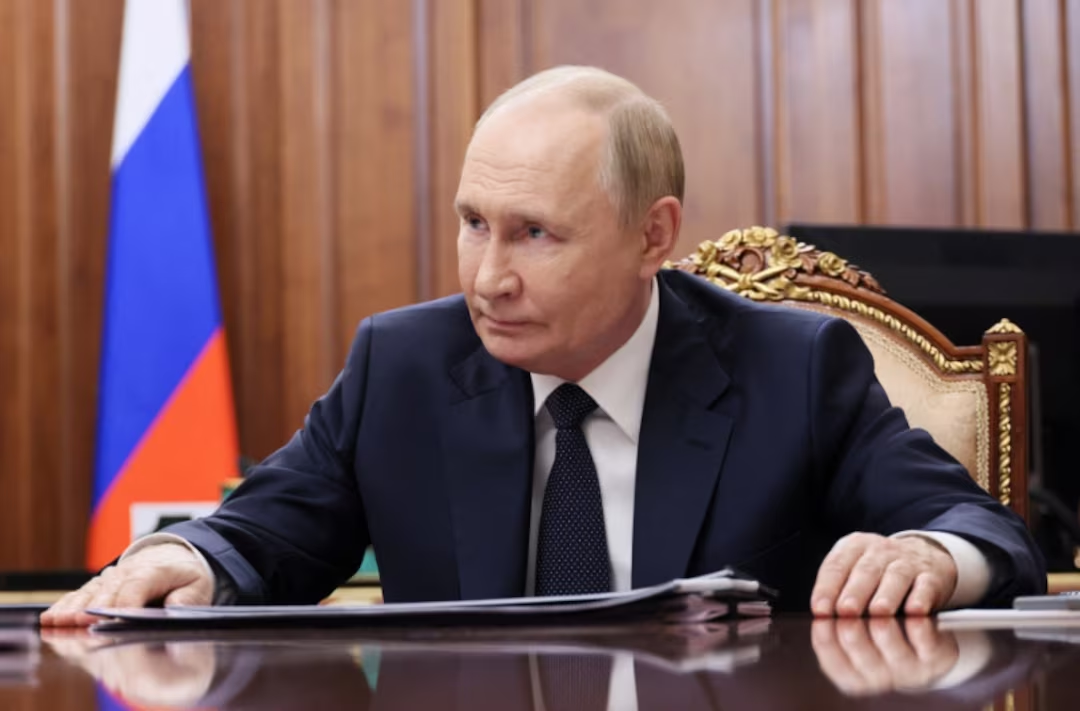
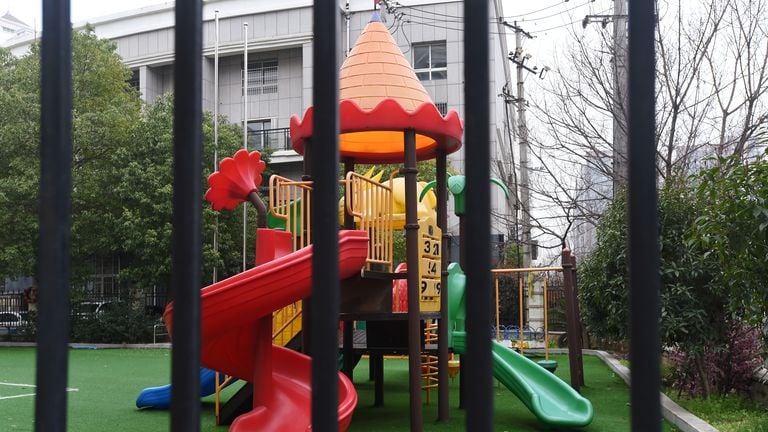
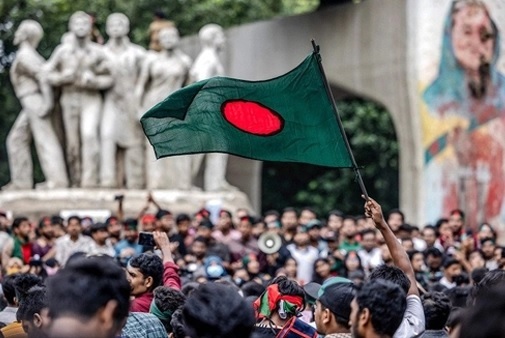
One thought on “Israel Blocks Gaza Aid Groups Amid Rising Starvation Crisis”